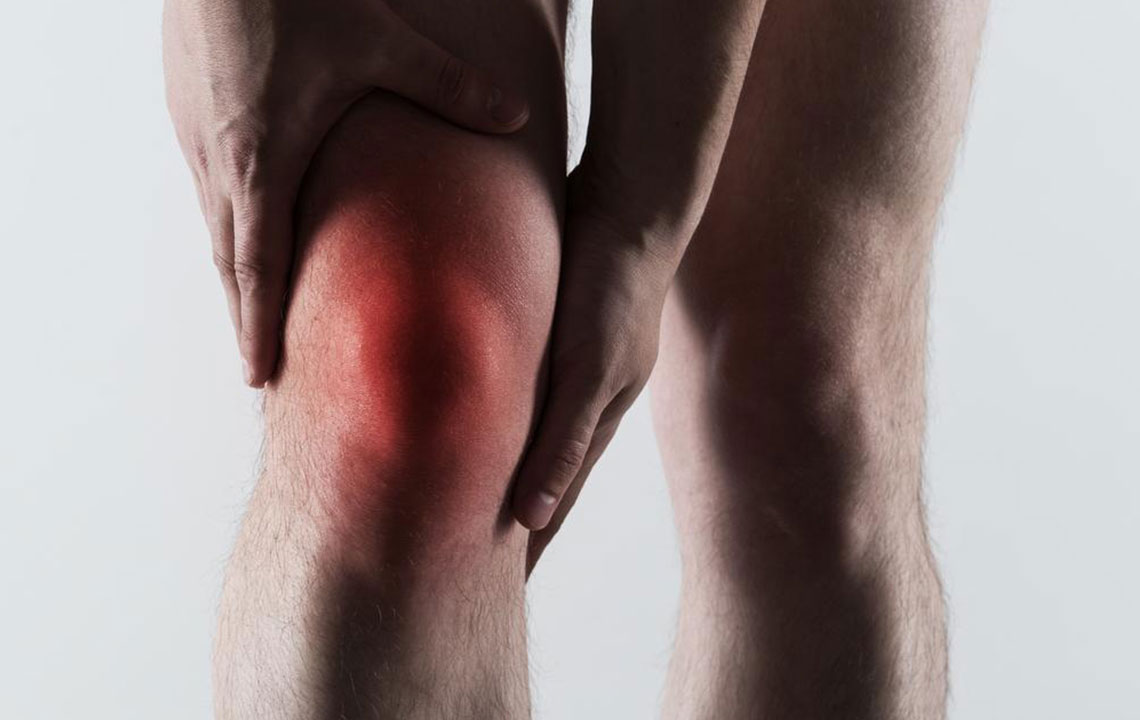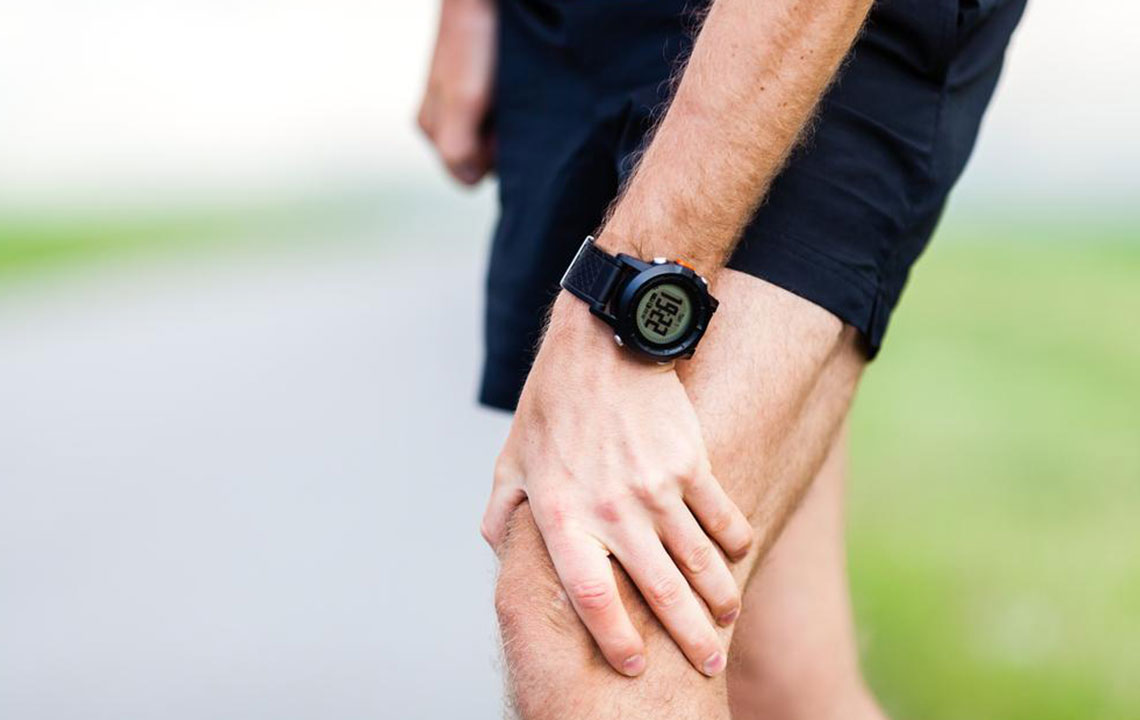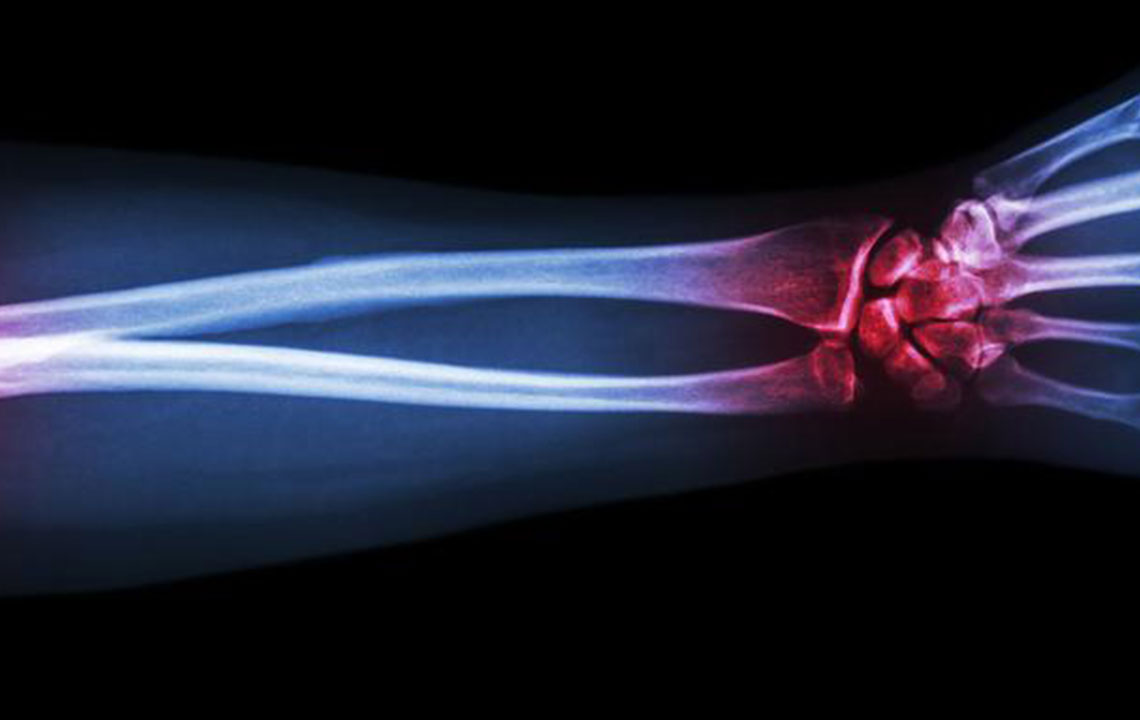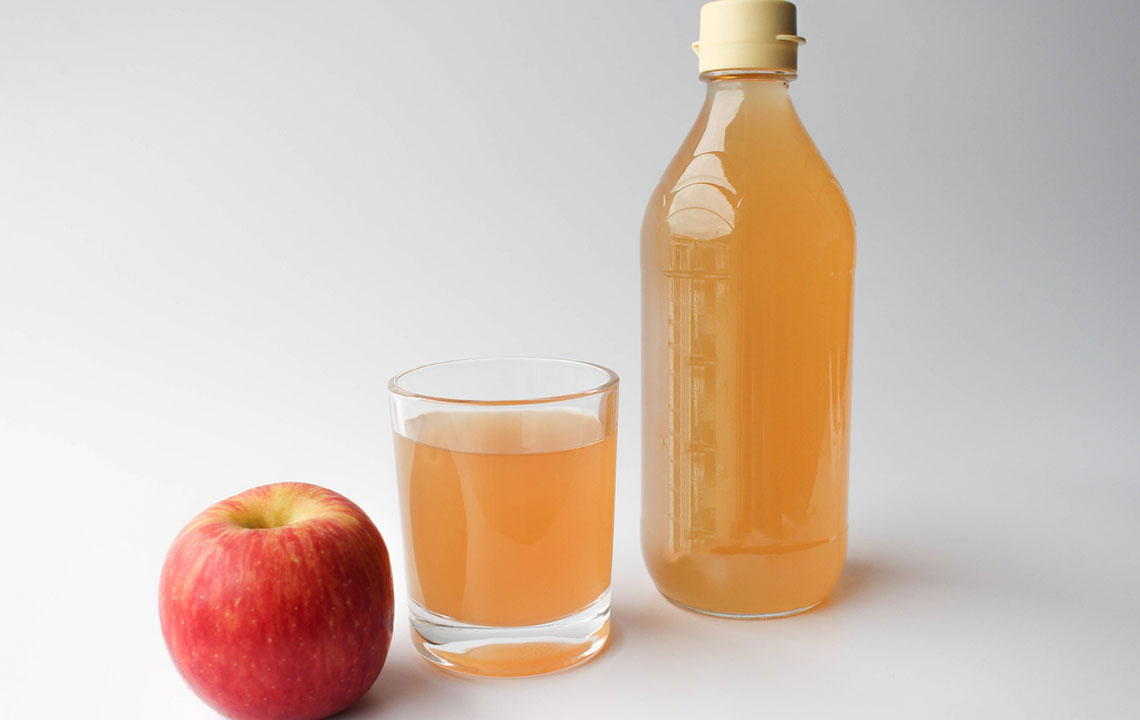Fast-Acting Strategies to Relieve Gout Pain
Discover effective and rapid strategies to manage gout pain, including medications, lifestyle tips, and precautions. Learn how to minimize symptoms and prevent future attacks with guidance from healthcare professionals. Stay informed about treatment options and essential lifestyle changes to improve your quality of life during gout flare-ups.
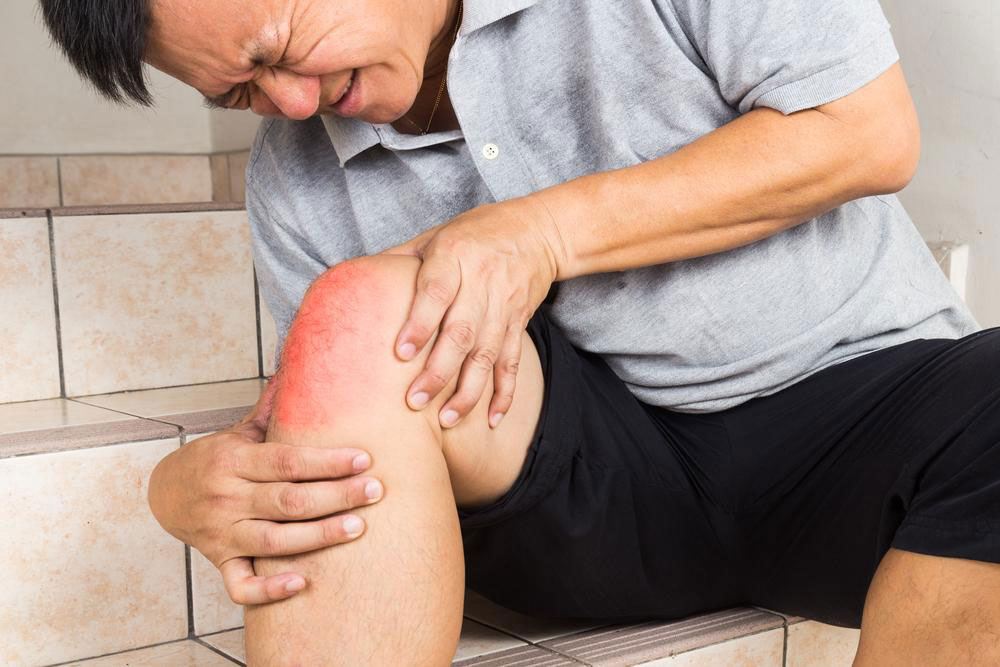
Effective Methods for Rapid Gout Pain Relief
Understanding the root cause of gout is essential for quick relief. Gout results from elevated uric acid levels in the bloodstream. Immediate pain management involves specific medications tailored for gout attacks.
Combining medication with lifestyle modifications is crucial for effective relief.
If you're seeking to ease gout symptoms, consider these steps:
Start with a doctor-prescribed anti-inflammatory drug for fast relief.
Use ice packs on affected joints and elevate them to reduce swelling.
Avoid alcohol and sugary sodas during flare-ups.
Ensure hydration by drinking plenty of water.
Schedule a consultation with your healthcare provider promptly.
Relax and limit stress, which can exacerbate symptoms.
Seek support from family and friends to manage daily activities during flare-ups.
Gout attacks often strike suddenly, peaking within a few days, with the initial 24-48 hours being the most painful. Consulting a doctor helps control uric acid levels and prevent future episodes.
Medications for Sudden Gout Attacks
NSAIDs: Taking non-steroidal anti-inflammatory drugs within 24 hours can quickly alleviate pain and shorten attack duration.
Corticosteroids: Administered orally or via injection into inflamed joints, corticosteroids are effective when other treatments fail or multiple joints are affected.
Colchicine: An age-old herbal medicine that reduces pain and swelling, yet may cause side effects like diarrhea and nausea. Prompt use enhances effectiveness.
Urate-Lowering Drugs: Medications like allopurinol and febuxostat help lower uric acid, reducing attack frequency over time. Doses are adjusted gradually, and side effects vary.
Additional options: Probenecid, Lesinurad, and Pegloticase are used in specific cases to manage uric acid levels and refractory gout, with their own considerations and side effects.
Important Precautions: Always follow your doctor’s instructions when using gout medications. Maintain proper hydration, avoid alcohol and grapefruit juice, and discuss potential side effects with your healthcare provider before starting any treatment.
Disclaimer: Our blog provides general health information but should not replace professional medical advice. Consult your doctor for personalized treatment and guidance. We are not responsible for inaccuracies or differences in other sources. Always seek professional help for health issues.


